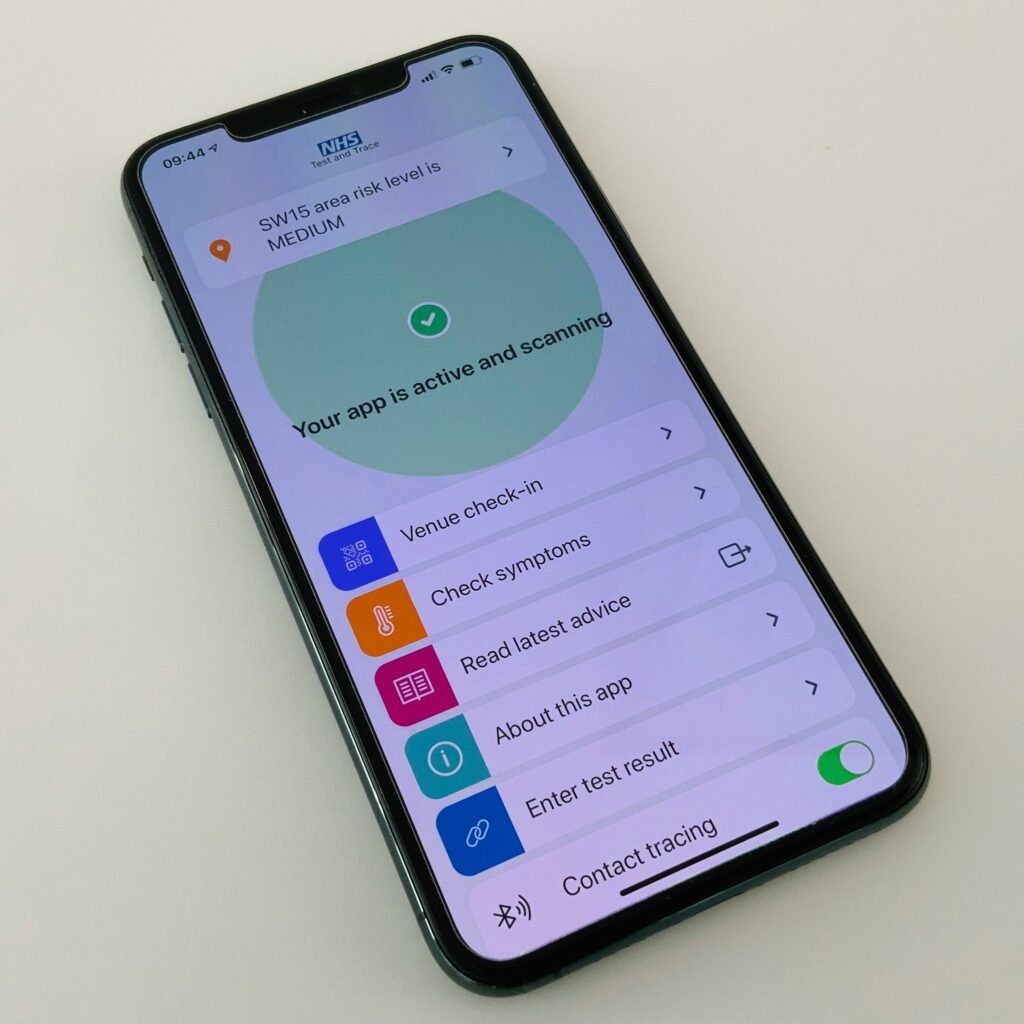
Understanding Herpes and Its Symptoms
Herpes is a viral infection caused predominantly by two types of viruses: Herpes Simplex Virus type 1 (HSV-1) and Herpes Simplex Virus type 2 (HSV-2). HSV-1 is typically associated with oral herpes, manifesting as cold sores around the mouth, while HSV-2 is primarily linked to genital herpes. However, both types can cause sores in either location due to oral-genital contact. Transmission of the virus occurs through direct contact with an infected individual’s sores, saliva, or sexual fluids, often even when the infected person is asymptomatic, underscoring the pervasiveness of herpes in the population.
The Centers for Disease Control and Prevention (CDC) estimates that over 50% of adults in the United States carry the herpes virus. Common symptoms of herpes outbreaks include painful sores or blisters at the site of infection, accompanied by itching, burning sensations, and general discomfort. These symptoms typically surface within two to twelve days after exposure and can last from a few days to several weeks. Furthermore, the psychological burden of being diagnosed with herpes can be considerable, often leading to anxiety, depression, and social isolation due to stigma associated with the virus.
It is important to acknowledge that the frequency and severity of herpes outbreaks can vary significantly among individuals. Some may experience frequent and intense outbreaks, while others may have rare or mild symptoms. Factors that can trigger an outbreak include stress, illness, hormonal changes, and exposure to sunlight. The unpredictability of these triggers often adds to the emotional strain faced by those living with herpes. Understanding the nature of the virus and its symptoms is vital for managing not only the physical manifestations of the infection but also the emotional impact it can have on an individual’s quality of life.
Herpafend: Advanced Outbreak Defense Formula
The Herpafend supplement is an advanced formulation specifically designed to support individuals dealing with the challenges of herpes symptoms and outbreaks. This unique blend combines potent natural ingredients known for their antiviral properties, which can help alleviate symptoms associated with herpes. Each component has been carefully chosen based on scientific research that highlights its effectiveness in managing herpes conditions.
Among the key ingredients in Herpafend is L-lysine, an essential amino acid that plays a critical role in reducing the frequency of herpes outbreaks. L-lysine is believed to inhibit the replication of the herpes virus, thereby helping to minimize the intensity of symptoms during an outbreak. Another major ingredient is quercetin, a flavonoid with strong antioxidant and anti-inflammatory properties. Quercetin can support the body’s immune response, assisting in the management of outbreaks while also promoting overall well-being.
Alongside these components, Herpafend includes a blend of herbal extracts such as lemon balm and echinacea, both of which have been traditionally used for their antiviral benefits. Lemon balm has shown promise in reducing herpes lesions and improving healing time, while echinacea is recognized for its ability to enhance immune function. This combination of ingredients not only addresses current outbreaks but also works to boost the body’s defenses against future occurrences.
By incorporating Herpafend into a wellness routine, individuals may find it easier to manage their herpes symptoms. This supplement serves as a preventive measure to enhance immune response and potentially reduce the frequency of flare-ups. For those considering natural options for herpes management, Herpafend offers a supportive and holistic approach. It can be conveniently ordered online, making it accessible for users looking for effective, natural health solutions.